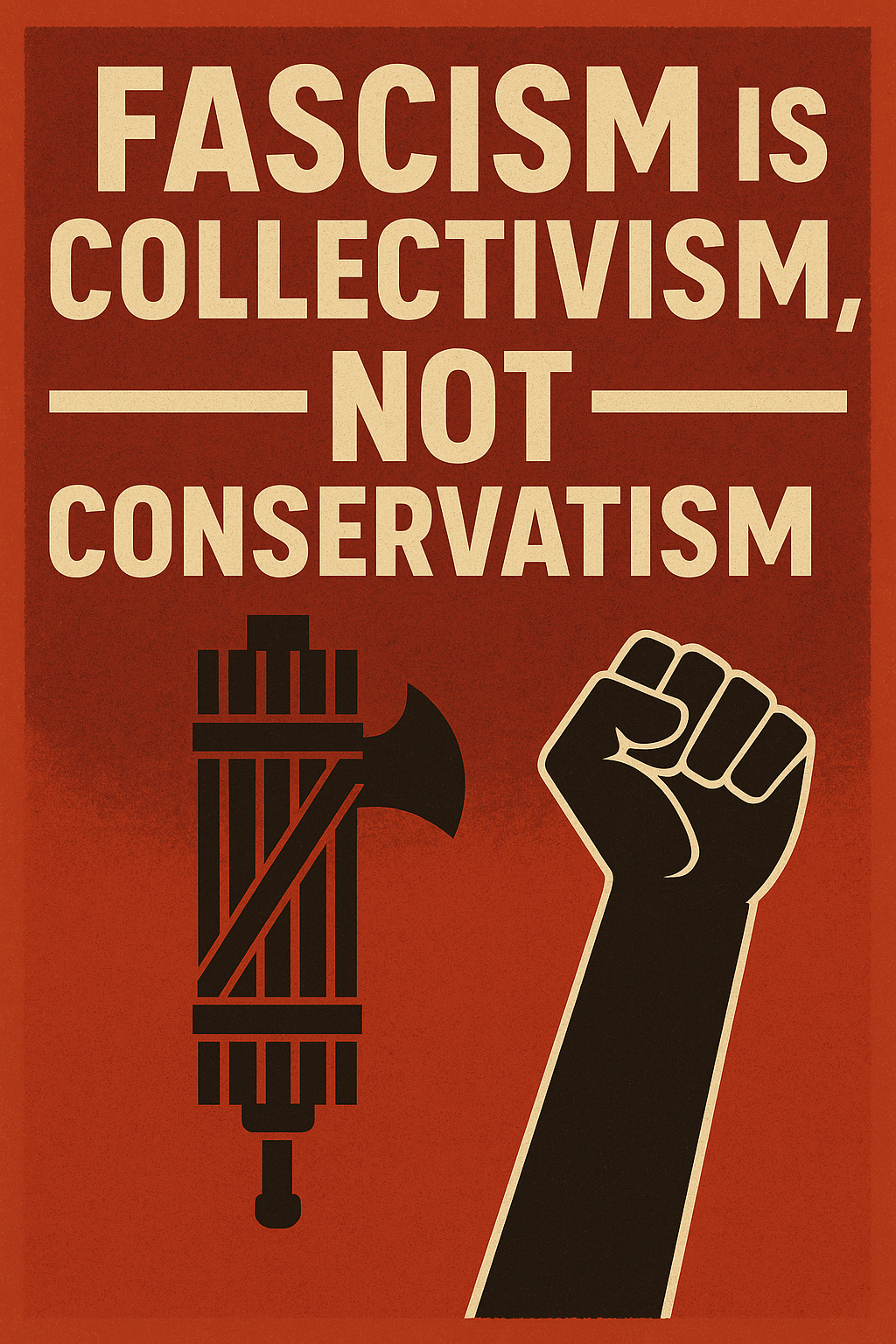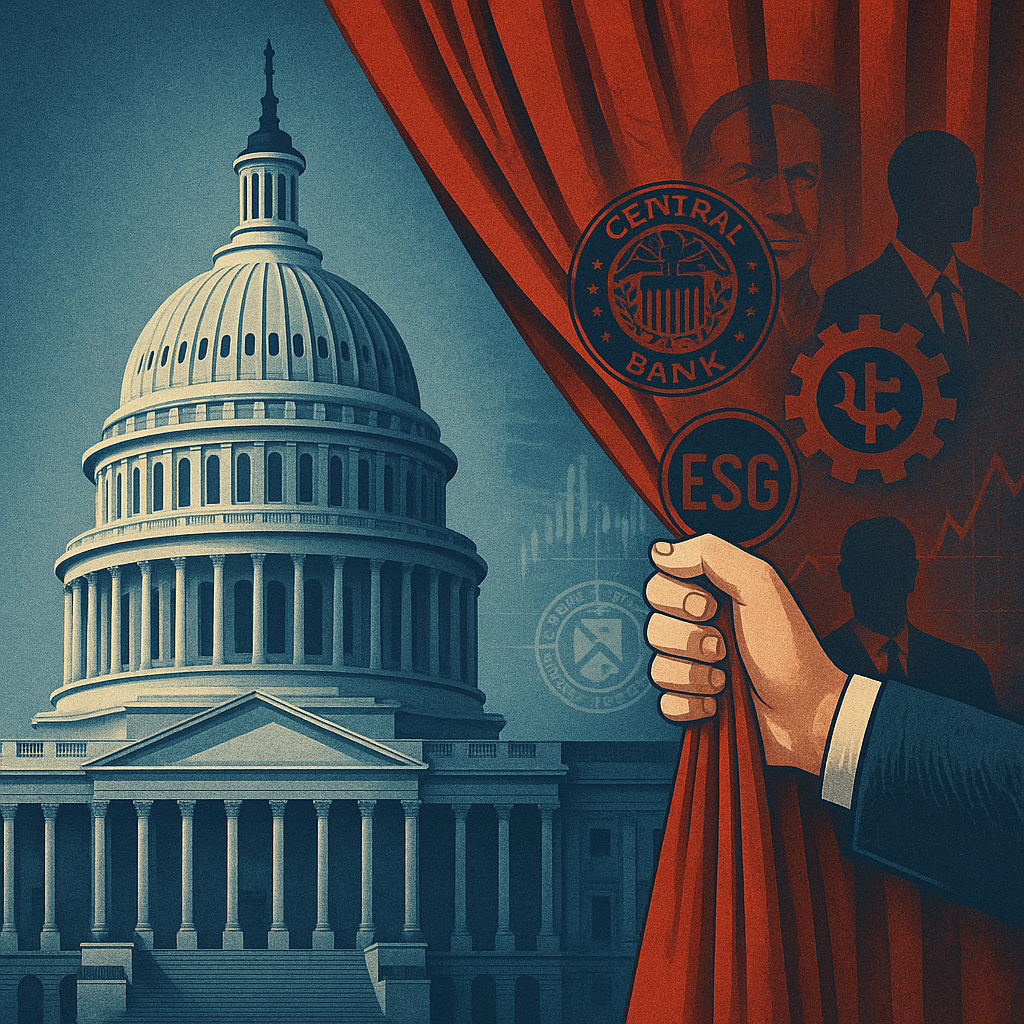If you are looking for economic nationalism, you are looking in the wrong place. I believe firmly in free trade. I just don’t like free trade agreements. To have free trade, all we need is a policy of trading freely with anyone who trades freely with us. Call it ‘Reciprocal Trade’. We can maintain the right to respond in kind to trade restrictions, while reciprocating free trade with anyone who engages in it with us. There is no need for an agreement.
 Free trade works. As a general rule, even if a trading partner is not trading freely with us, in the long run it is in our best interest to open our markets. Consider China. China plays all kinds of games to avoid free trade with the United States, going so far as to subsidize their trade with us, but what does that do other than make their goods cheaper for us? If China wants to tax their public to pay for a third of my television set, I say let them. It is hard for China to get rich selling at a loss…
Free trade works. As a general rule, even if a trading partner is not trading freely with us, in the long run it is in our best interest to open our markets. Consider China. China plays all kinds of games to avoid free trade with the United States, going so far as to subsidize their trade with us, but what does that do other than make their goods cheaper for us? If China wants to tax their public to pay for a third of my television set, I say let them. It is hard for China to get rich selling at a loss…
We don’t want to let other nations destroy our industries, and when they try to do so we should react, but we should also recognize that in the long run, we are better off trading freely even when it is not reciprocated.
If you don’t believe in free trade, let me illustrate the economic benefit. Let us look at what is known as ‘Ricardo’s Example’ of The Law of Comparative Advantage, using the table below.
| Hours of work necessary to produce one unit | ||
|---|---|---|
| Country | Cloth | Wine |
| England | 100 | 120 |
| Portugal | 90 | 80 |
In this example, Portugal can produce both cloth and wine more efficiently than can England, but Portugal can produce wine more efficiently than cloth. England cannot produce either product as efficiently as can Portugal, but England can produce cloth more efficiently than Wine. Let’s say that both countries have 100 hours of labor they can commit to producing. What combination produces the most cloth and wine in total? Feel free to run the numbers. You get the most of both products if England dedicates 100% of it’s time to cloth, and Portugal dedicates 100% of it’s time to wine. Even though Portugal has an absolute advantage with both products, England has a comparative advantage in cloth. Even if Portugal can produce everything more efficiently than can England, you still get more production, in total, if both nations produce, and the maximum benefit for both countries is achieved if they both focus on those areas where they have a comparative advantage.
The same applies to automation: even if robots are ten gazillion times more productive than people at everything, as long as production is finite, there will always be more production if people produce too. Even if robots could do everything (they cannot), we would still be better using people where people have a comparative advantage. We might use both robots and people where people have a comparative advantage (just as in the Ricardo Example, Portugal might make some cloth if England did not produce enough), but there is no situation where we would not still employ people, no matter what robots can do.
Another reason free trade, in the long run, is beneficial, is that trade is always, in the long run, reciprocal.
When China sells things to the United States, they receive dollars as payment. One cannot buy goods and services on the streets of Beijing with dollars. In Beijing, as in the rest of China, one needs the Chinese currency, the yuan. One can exchange dollars for yuan, but if dollars cannot be used, nobody would be willing to make that exchange. Someone has to be able to get value from dollars, which they can only do by purchasing goods and services from the United States.
What China does to try and ‘win’ at trade, is to have their central bank exchange dollars for yuan, and then the Chinese central bank takes those dollars and buys US savings bonds. This way, China sells products to the United States, and the Chinese buy Chinese goods and services rather than American goods and services, with the dollars they receive.
The problem China has is that they are effectively giving us products for free. The American consumer, of course, pays for the products, but what does China get in return? They send us television sets, and we send them paper. They send us radios, and we send them paper. They send us cars, and we send them paper. We get television sets, radios, cars, and everything else China makes. What does China get? Paper. In the meantime, our people are still employed, and we can buy everything China makes at ridiculously low prices.
The fact that the savings bonds China is ‘investing’ in have value is irrelevant. They get nothing of physical value until they buy US goods and services. And in the meantime, by devaluing their currency, they are making it harder and harder for their people to afford US goods and services. China, like Japan before them, is creating an inflationary death pit, in which they are deflating the value of their own people, and inflating the cost of everything physical.
It is important to note that all physical goods have labor in them, making labor is a big component of the cost of physical goods. As we produce physical goods using less labor, physical goods cost less. Physical goods are, then, deflationary in nature. Dr. Mark Perry, an economist with the University of Michigan (and a former professor of mine), illustrates this effect here: http://www.aei.org/publication/the-good-old-days-are-right-now/. Because of this, some people will say that inflation is low when really, if there were zero inflation, the price of physical goods would drop over time. In a relative sense, even in a fiat money system, the nations that inflate the slowest also grow the wealthiest, per capita, because of this effect.
Our currency is a little unique in that it is also the world’s reserve currency, which allows China to buy oil, steel, and other raw materials with dollars, in places like Australia and Saudi Arabia, but then Australia and Saudi Arabia are stuck holding dollars. Eventually, someone has to buy US goods and services.
Let’s say, hypothetically, that China did not accept US dollars in payment for their goods and services. Let’s say that we were on a gold standard, and that China took whatever dollars we gave them, and immediately converted them to gold. In this case, our gold reserves would deplete, and China’s gold reserves would grow. This would cause the Chinese yuan to grow in value, on international markets, relative to the dollar. As the dollar becomes ‘cheaper’ relative to the yuan, production in the United States gradually becomes cheaper relative to production in China until trade parity is restored.
The same thing happens without gold reserves, except that with fiat currencies, China can print money to keep their currency from growing in value. Unfortunately for China, all that does is to make their yuan worth less compared to the dollar, making China’s products even cheaper here. This means that we get physical goods at even lower cost, and what does China get? More paper.
China cannot win that game, and they are going further and further into debt (to buy our paper), trying. Japan played the same game in the 70s and 80s, and now their economy is a basket case. China is in for the same outcome, and the only way out, in the long run, is to open their markets.
So – there you have the case for free trade! And since I love free trade, I should be for free trade agreements – right? Wrong.
NAFTA is 801 pages long, and the TPP was over 5,000 pages long. What did those pages and pages upon pages contain? Free Trade? No. Those pages and pages of ‘free trade agreements’ contain nothing but exceptions to free trade. Why on Earth would we want to sign an agreement that has 5,000 pages of exceptions to free trade?!?
You don’t need an agreement to reduce barriers. You only need an agreement to maintain, or to erect, barriers. We can thank our lucky stars that we bailed on the TPP, and we should dump NAFTA too. We don’t need agreements for free trade, and particularly when attempts to ‘win’ at trade are, in the long run, self-defeating.
We should open our markets to the rest of the world, as much as we can, and let the chips fall where they may. In the long run, our economy would migrate to those areas where we have a comparative advantage, and the whole world would be better off, us included. We should reserve the right to reciprocate in kind where other nations protect their markets, but for the most part, we should trade freely no matter what other countries do. And we should do this as a matter of policy, without agreements.





Kevin
http://socialdemocracy21stcentury.blogspot.com/2011/01/mises-on-ricardian-law-of-association.html
http://socialdemocracy21stcentury.blogspot.com/2016/08/robert-murphys-debate-on-free-trade.html
http://socialdemocracy21stcentury.blogspot.com/2016/07/the-cult-of-free-trade-in-nutshell.html
http://socialdemocracy21stcentury.blogspot.com/2014/06/protectionism-and-us-economic-history.html
http://socialdemocracy21stcentury.blogspot.com/2010/06/early-british-industrial-revolution-and.html